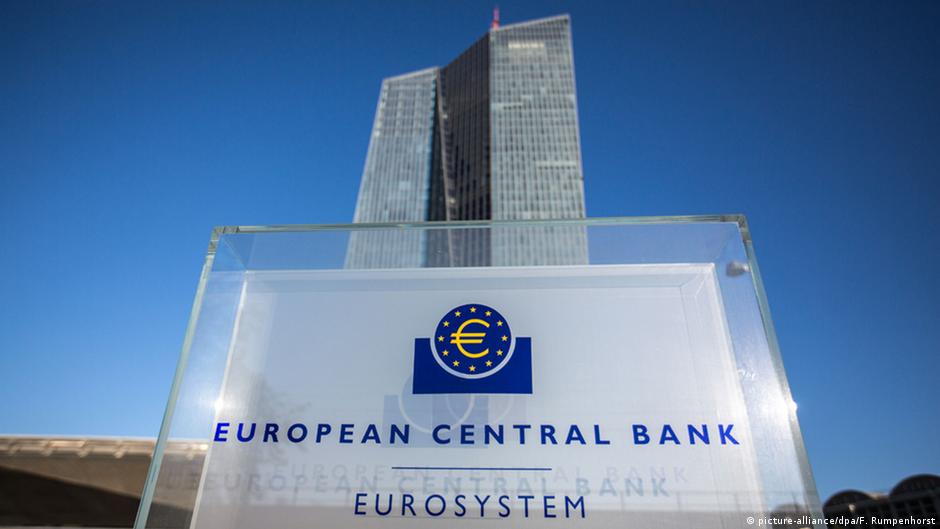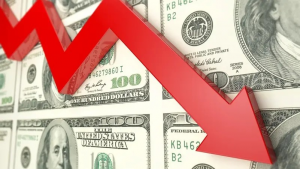The ECB projects inflation to fluctuate around current levels this year before trending down towards its 2% target by 2025. Image by Andrzej Rostek/ Shutterstock Eurozone inflation unexpectedly edged up in July, data released on Wednesday showed, although a key measure of price growth in the services sector indicated some easing.
Eurozone inflation The latest figures from Eurostat showed that inflation across the 20 countries using the euro marginally rose to 2.6% in July from 2.5% in June.
A key underlying gauge of inflation, which excludes energy, food, alcohol, and tobacco, remained unchanged at 2.9%, contrary to expectations of a decline.
Since peaking at double-digit rates in late 2022, Eurozone inflation has significantly moderated, driven initially by an unexpected rapid economic reopening during the post-COVID-19 period and subsequent energy price hikes linked to the conflict in Ukraine. However, recent months have seen a plateau in progress, with services sector prices buoyed by rising wages.
In a marginally positive development, the growth in services prices eased slightly to 4% from 4.1% in June.
The ECB projects inflation to fluctuate around current levels this year before trending down towards its 2% target by 2025.
Following a rate cut last month and a pause in July, the ECB is anticipated to continue its gradual reduction of some of its previously implemented rate hikes over the next 18 months, navigating a careful path toward achieving its inflation targets.
Rate cuts "It's a difficult print for the ECB," Fabio Balboni, economist at HSBC, told Reuters. "Disinflation on the goods side is coming to an end and services inflation remains high."
Despite these concerns, Balboni along with other analysts and investors in the market still anticipate rate cuts by the central bank in September and December, based on the expectation that inflation will eventually ease.
"I still expect a second rate cut to come in September," Kyle Chapman of Ballinger Group told Reuters. "I don’t think it matters too much if we get the odd data point that’s slightly stronger than expected."
Economic growth The Eurozone and the European Union (EU) economies grew by 0.3% in the second quarter of 2024 compared to the previous quarter, according to preliminary data released by Eurostat on Tuesday.
The figure is above the 0.2% gross domestic product (GDP) growth expectations of economists polled by Reuters.
Compared to the same quarter last year, the Eurozone and the EU's GDP grew by 0.6% and 0.7%, respectively.













